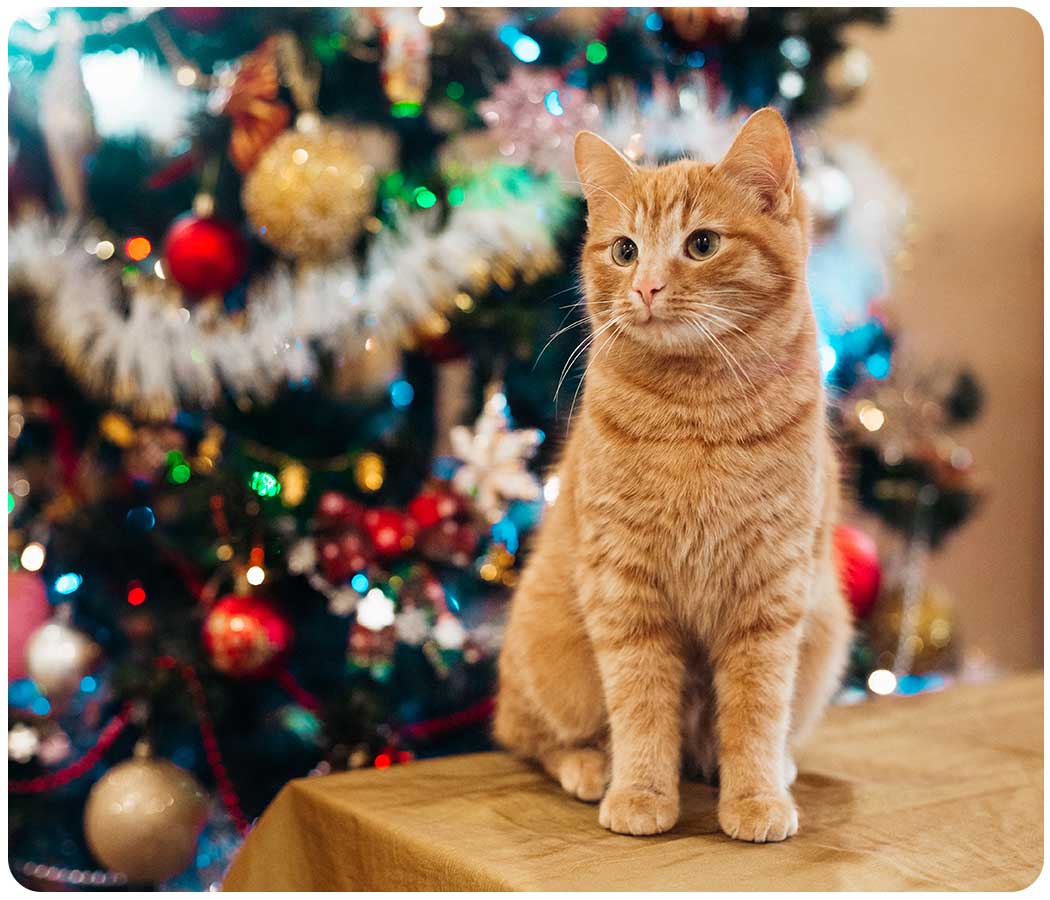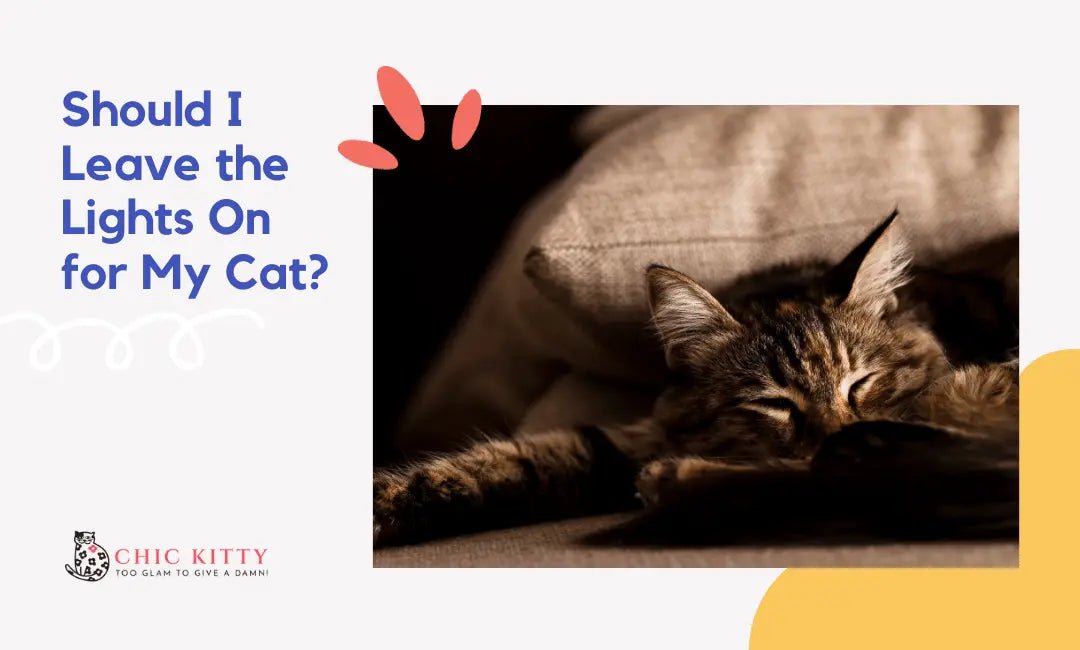
Are Sphinx Cats Good Pets? What Owners Wish They Knew
Are Sphinx Cats Good Pets
Are you drawn to the unique look of the Sphinx cat? Their wrinkled skin and big ears give them an otherworldly charm. But owning this breed is a big commitment – and there's more to it than meets the eye.
Want to know if this quirky cat is the right fit for you? Here's the inside scoop:
- The surprising truth about their personality
- High-maintenance care routines you MUST know
- Health concerns specific to Sphynx cats
- The #1 thing Sphinx cat owners struggle with
The Surprising Truth About Their Personality
Forget the "hairless and grumpy" stereotype! Sphinx cats are far from aloof and standoffish. In fact, they're known for their playful, affectionate, and sometimes downright mischievous personalities. Here's the lowdown on what makes them so special:
- Clowns in disguise: Sphinx cats are natural entertainers, always up for a silly antic or a game of fetch. Don't be surprised if yours develops a penchant for knocking things off shelves or performing acrobatic leaps.
- Love bugs: These cats crave attention and form deep bonds with their humans. Be prepared for plenty of snuggles, headbutts, and maybe even a Sphinx perched on your shoulder like a feathery parrot.
- Chatty companions: While not overly vocal, they'll happily "talk" to you with chirps and meows, especially when they want a treat or playtime.
- Pack mentality: Unlike some independent felines, Sphinx cats enjoy companionship and do well in multi-pet households (with proper introductions, of course).
- Walking heat packs: These hairless wonders are cuddle monsters. Their warm, peach-fuzz skin makes them the perfect snuggle buddy for chilly nights.
Living with a Sphinx cat is like having a furry little shadow (with a mischievous streak). They're a constant source of entertainment and affection, but their social nature and intelligence mean they require a dedicated owner who can meet their needs.
High-Maintenance Care Routines: What You MUST Know
Get ready to roll up your sleeves because caring for a Sphinx goes beyond the basic food-water-litterbox formula. They have specialized needs for a happy and healthy life. Here's what you're in for:
- Bath time… a lot: Say goodbye to lazy cat cleaning. Sphinx cats need regular baths (think weekly) to manage their oily skin. Without it, they're prone to dirt buildup, greasiness, and even skin issues. Use a gentle, hypoallergenic shampoo designed for cats, and avoid harsh soaps or chemicals.
- Ear and nail TLC: Those big ol' ears need regular cleaning with a vet-recommended ear cleaner to avoid wax buildup, and their nails need frequent trims to prevent snagging. Invest in a good quality nail clipper designed for cats, and learn proper trimming techniques to avoid accidentally clipping the quick (the sensitive part of the nail with blood vessels and nerves).
- Sunscreen & sweaters: Their delicate skin is susceptible to sunburn, so indoor life is a must. However, even indoors, near windows, they can be at risk. Apply sunscreen specifically formulated for cats, focusing on areas like ears, nose, and any hairless patches. And yes, on chilly days, they might even need a cozy sweater! Look for sweaters made from breathable, natural fabrics like cotton or fleece.
- Wrinkle watch: All those adorable wrinkles need attention. Gently wipe them clean regularly with a damp washcloth and a mild, fragrance-free cat wipe to prevent dirt and bacteria from accumulating. Pay particular attention to deeper folds and crevices.
Get your Sphinx used to baths and grooming as a kitten. It'll make the whole process a lot easier as they get older.
Health Concerns Specific to Sphynx Cats

While generally healthy, Sphinx cats are predisposed to certain conditions. It's crucial to be aware of these potential issues to ensure your furry friend gets the care they need:
- Hypertrophic Cardiomyopathy (HCM): This heart disease is the most common health concern for Sphinx cats. HCM involves a thickening of the heart muscle, making it harder to pump blood efficiently. Early diagnosis is key, so schedule regular checkups with your vet, especially as your cat ages.
- Skin problems: Due to their hairlessness and oil production, Sphinx cats are more prone to acne, yeast infections, and other skin irritations. Watch for any bumps, redness, or excessive scratching, and consult your vet if you suspect an issue.
- Sun sensitivity: As we mentioned, sunburn is a risk for these guys. Limit sun exposure, use pet-safe sunscreen, and watch for any signs of redness or peeling.
- Respiratory issues: Kittens may be more susceptible to upper respiratory infections due to their lack of protective fur. Keep a watchful eye on young Sphynx cats for signs of illness such as sneezing, runny nose, or discharge from the eyes.
- Dental disease: Like all cats, Sphinx cats need regular dental care. Schedule yearly cleanings and brush their teeth (yes, even the hairless ones!) with a vet-approved toothpaste and brush.
Important Note: Reputable breeders screen their cats for genetic conditions like HCM. Always choose a breeder with a proven health-screening program.
The #1 Thing Sphinx Cat Owners Struggle With
Think Sphinx cats are all snuggles and playtime? Prepare yourself for their biggest challenge: keeping them warm! Here's why it's a constant battle:
- Natural radiators…NOT! Unlike furry felines, Sphinx cats lack the insulation to regulate their body temperature. They easily get cold, even in seemingly mild weather.
- Shiver City: Drafts, a dip in room temperature, or a walk on cool tiles can send your Sphinx into shivers (which is heartbreaking to witness!).
- Seek and heat: These cats are natural heat-seekers. Expect them to burrow under blankets, cozy up next to you, or bask in the sun's rays.
You'll need to get creative about helping your Sphinx stay comfortable:
- Cozy quarters: Provide an abundance of soft blankets and designated warm spots, like beds near radiators (supervised for safety) or under sunny windows.
- Heated haven: Consider a heated cat bed for extra warmth, especially if your home tends to be on the cooler side.
- Sweater weather: Invest in a wardrobe of cute (and functional!) sweaters and fleece jackets for your feline fashionista, particularly during colder months.
Pro-Tip: Monitor your cat's behavior. Shivering, lethargy, or constant attempts to find heat sources are signs they might need some extra help getting warm.
Wrapping Up: Time to Make an Informed Decision!
You now have the scoop on what it's really like to share your life with a Sphinx. These unique and captivating cats bring endless joy and cuddles – but remember, they come with specialized needs. If you're up for the challenge and ready to shower your quirky companion with love (and maybe a sweater or two!), a Sphinx could be your perfect match.
Key points to remember:
- Sphinx cats are social butterflies
- Get ready for a dedicated grooming routine
- Be aware of breed-specific health concerns
- They need help staying warm and cozy
Looking for ways to spoil your Sphinx?
ChicKittyShop offers a curated collection of stylish and functional essentials for your feline fashion icon. From cozy sweaters to personalized beds, we help you pamper your Sphynx in style – because they deserve the very best.




